In England, from July 19, most legal restrictions and guidance relating to the Covid pandemic were removed.
But as employers start inviting their people back into the workplace, will they be greeted with old enthusiasm or will they have to up their games to keep their employees on side?
Professor Anthony Klotz of Texas A&M University predicts that when people are forced to return to their old lives, there will be a “Great Resignation” among the workforce.
This idea appears to be supported by a survey conducted by Microsoft which showed that 41% of workers were considering quitting or changing professions this year.
There’s no question – the pandemic has rattled us.
But in all the uncertainty, rather than clinging onto their jobs no matter what, the pandemic has given people the impetus to really reflect on what’s important to them and what they want from their lives, and a major part of that question is whether their current jobs match their new needs.
So should you be worried about the “Great Resignation”?
Well, that depends on two crucial factors

How you treated people during the pandemic
If you had a positive company culture prior to the pandemic you probably had strong foundations to support your employees and keep them engaged throughout the disruption.
If your employees felt supported and treated well during the pandemic they’re more likely to think twice before jumping ship.
Conversely, if there were already cracks in your company culture, the pressure of the pandemic may have wedged them open even more.
So ask yourself: How did your organisation fare, were you able to keep your employees engaged during the pandemic or did those cracks widen?

How you treat people now
What you do next could make all the difference – being complacent is not an option (even for those who feel confident they’ve sailed through Covid) because when the job market improves your employees will have choices and whether they stay or go will be largely based on how well they’re being treated, how appreciated they feel, how well their needs are met, and how valued they are.
So: What are you going to do to engage your employees in a ‘new normal’ world?
To avoid the “Great Resignation” and hold on to your people, you’re going to need to work hard to ensure your company culture is working for you rather than against you; look at it as an opportunity to cultivate a culture that people want to be a part of in the long term. After all, there are no downsides to having a positive company culture so investing your time here is very worthwhile and crucial for the retention of your employees post-Covid.
To get that all-important cultural advantage, it’s crucial that you tip the balance so that you have more people who are engaged than not engaged because highly engaged people vastly outperform their less engaged colleagues, are more satisfied, and are less likely to leave.
So how do you build a company culture that people want to be a part of?
Having a company culture that taps into people’s strengths and enables them to utilise them at the right time and place will be a key factor in whether your employees feel they’re working for the right company, because, when people’s thoughts, feelings and behaviours are highly aligned and attuned with their work they tend to feel more engaged and more passionate about what they do.
To build a culture like this, leaders and managers would benefit from adopting a style of leadership which encourages people to utilise their strengths in pursuit of their own goals as well as the goals of the organisation.
This can be achieved when they cast aside a ‘telling’ approach and utilise more of an Enquiry-Led Approach (ELA®) in their everyday interactions, in order to open up a new dialogue that enables employees to contribute at a higher level and meet their full potential.
Enquiry is central to Operational CoachingTM. By adopting Operational CoachingTM as their primary management style, your leaders and managers will learn to combine high levels of ‘enquiry’ with effective listening giving them the opportunity to understand what their team members are good at, how they want to leverage their strengths, and what they need and want to do to satisfy their personal and professional aspirations.
The importance of adopting an Operational CoachingTM approach was recently proven in a large trial conducted by the UK government and the London School of Economics, including 354 leaders and managers from over 60 organisations across England, which demonstrated that using an Operational CoachingTM approach positively impacted staff retention in under six months.
Remarkably, during the study period, the intervention group employed more people and successfully improved staff retention in spite of the pandemic when most businesses were cutting back.
Also, a whopping 166 personal successes were reported during the trial with a documented £19million of potential value and almost half of these successes were related to improved engagement and productivity.
The trial participants learned to use an Operational CoachingTM approach by completing the award-winning online management development programme STAR® Manager. STAR® Manager is a fun and flexible, fully blended programme that equips leaders and managers with the skills they need to develop great people and maximise their potential for long-term sustained performance improvement. It brings alive, on a virtual platform, Notion’s unique STAR® Model, which has an outstanding track record of delivering embedded behavioural change and outstanding commercial results, making the programme fully scalable and capable of large scale cultural transformation.
What we know, from decades of working with clients to embed this distinct leadership style is that a sustained Operational CoachingTM approach that’s used ‘in the moment’ and ‘on the job’ will help your leaders and managers to understand the innate strengths of everyone in their teams and enable them to build high functioning and collaborative teams.
And, when everyone is playing to their strengths, the impact on employee engagement will be dramatic and will set the right foundations for a more positive company culture that people won’t want to leave.


